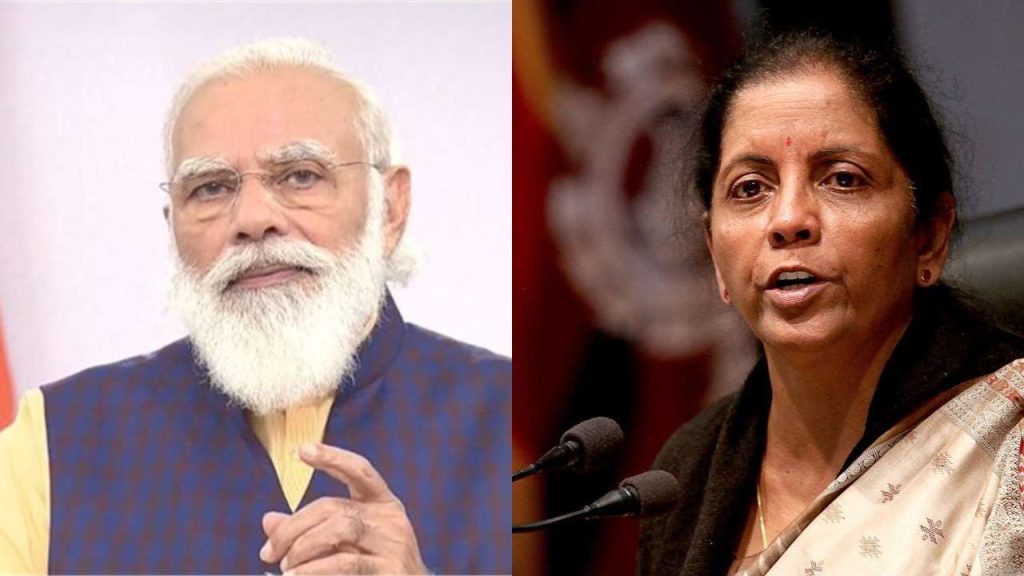Table of Contents
- A Repeat Mistake: Second Demonetisation
- Political Reactions Echo Across the Nation
- Opposition: Voices of Skepticism or Prophets of Doom?
- The Economics of It All: A Silver Lining or a Gathering Storm?
A Repeat Performance in Indian Economics
Picture the Indian economy as a ship weathering a storm, trying to keep steady in choppy waters. Out of the blue, a second squall appears on the horizon — the Government announces another act of demonetisation, this time withdrawing the Rs 2000 notes.
This feels eerily familiar, doesn’t it? It’s as if we’ve barely finished repairing the sails from the last storm. Is this a mere coincidence, a carefully considered strategy, or an impulsive decision? Let’s delve deeper.
Political Reactions Echo Across the Nation for Second Demonetisation

As with any dramatic event in the political sphere, the rerun of demonetisation has stirred a hornet’s nest, leading to heated debates and intense scrutiny. Among the critics, Mamata Banerjee, Chief Minister of West Bengal, stands out with her bold rhetoric, terming this move as “another Tughlaqi demonetisation drama”. Is her comment a case of political one-upmanship, or does it echo genuine apprehensions?
Second Demonetisation: Voices of Skepticism or Prophets of Doom?
The response from the opposition paints a picture of skepticism and apprehension. Mallikarjun Kharge posits that this rerun of demonetisation could be a smokescreen to divert attention from past policy missteps. The plot thickens when Rahul Gandhi raises the stakes, alleging that this move is a carefully devised plan to facilitate billionaire cronies to monopolise the economy. Are these claims mere political posturing, or do they carry substantial weight?
In another critical take on the recent demonetisation, former Finance Minister P. Chidambaram declared that the Rs 2,000 notes have been nothing more than a boon for ‘keepers of black money. His claim suggests that instead of curbing illicit wealth, as was the intended purpose of the currency note, it has facilitated hoarding of black money. Chidambaram’s standpoint provides yet another angle to the complex debate surrounding demonetisation and its impact on the Indian economy.
The Economics of It All: A Silver Lining or a Gathering Storm?
Moving away from the political whirlwind, we come to a pressing question — what about the impact on the economy, which is already walking a tightrope? The sudden withdrawal of Rs 2000 notes might send shockwaves through businesses, upending market dynamics, and possibly triggering a ripple effect that could reverberate through households, too. Is the Indian economy sturdy enough to brace for this impending impact?
As we navigate this familiar terrain, there’s an undeniable sense of déjà vu. It’s like watching a rerun of an old movie — the government sticking to its guns, the opposition raising red flags, and the economy holding its breath, waiting for the next act. But could this act carry an unforeseen plot twist?
Remember the proverb — it’s always darkest before the dawn. Could this seemingly audacious move be the game-changer that propels the Indian economy towards a brighter, more prosperous future? Or will it pull us further into the economic quagmire? Like a suspense thriller, only time will reveal the climax of this saga.
After all, the nation’s hopes are pinned on the economy’s recovery. As we weather this economic storm, each one of us waits with bated breath, hoping for the sun to break through the clouds. But only time will tell if this second act of demonetisation leads to calm
seas or heralds the onset of another storm.
1. Mamata Banerjee on scrapping of Rs 2000 notes: Another Tughlaqi demonetisation drama
2. How opposition reacted to RBI withdrawing Rs 2000 currency notes
3. Opposition parties hit out at government over withdrawal of Rs 2000 notes
4. Rs 2000 Notes Withdrawn: Worsening India’s Slumping Economy
